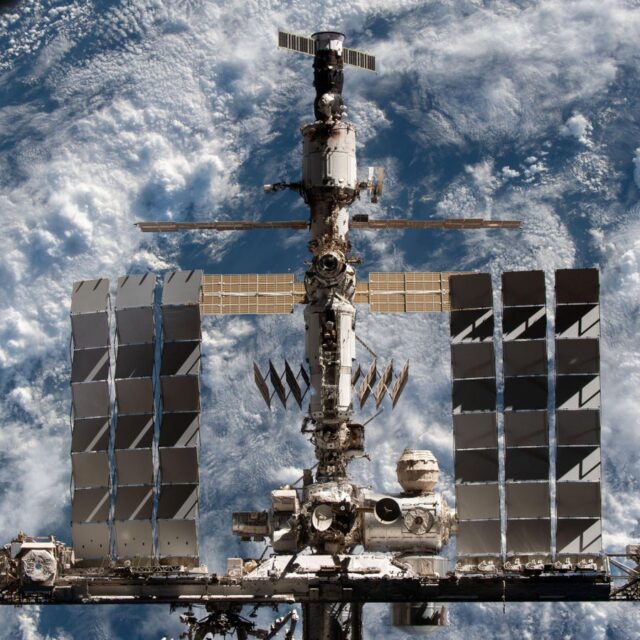Scientific American, November 2023
For nearly a quarter century, the International Space Station (ISS) has continuously hosted astronauts and science experiments as an enduring and beloved bastion of humanity in low-Earth orbit. Yet despite its successes, the space station’s days are numbered.
In the coming months, NASA will be evaluating commercial proposals for vehicles capable of “decommissioning” the ISS—that is, of safely dropping it into Earth’s atmosphere to burn up. The agency has said it expects to pay nearly $1 billion for this service to avoid relying on multiple Russian vehicles. The brutal ending is scheduled for early next decade but is already proving a delicate matter for aerospace engineering and international diplomacy.
The ISS is “a key symbol of international and civilian cooperation,” says Mai’a Cross, a political scientist at Northeastern University. “In terms of civilian cooperation, I think many would describe it as the biggest project ever embarked upon in human history.”




